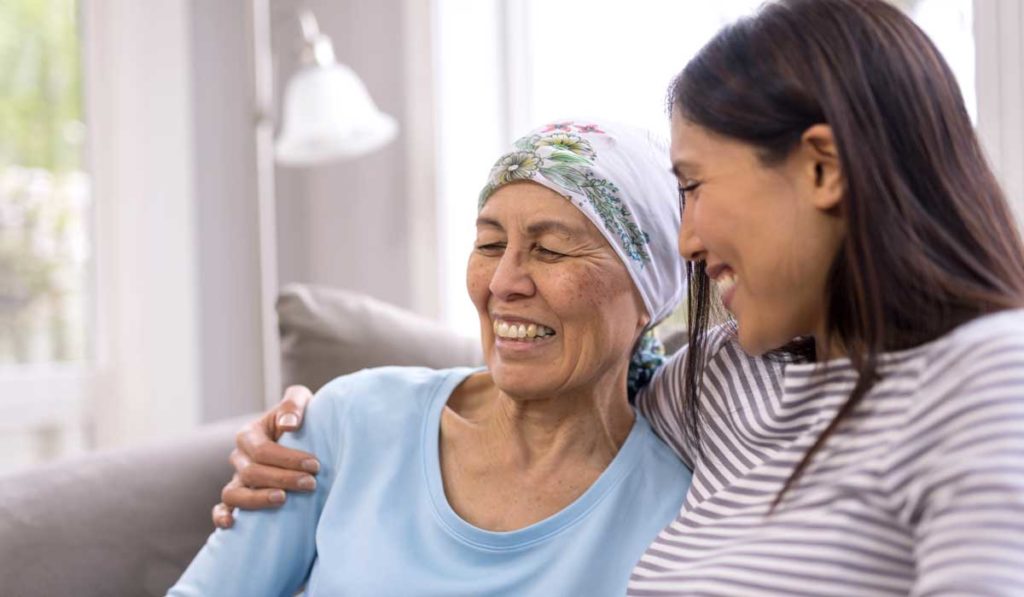The National Cancer Institute’s Cancer Moonshot program has awarded a $5.3 million grant to researchers at the Vanderbilt-Ingram Cancer Center (VICC) to establish a clinical care platform to improve identification of patients with hereditary cancer syndromes.
“Family history is a very stable predictor of disease. It’s been asked about in the clinical setting for years and years, but the information is either not collected at all because of time constraints or it is not collected in a standardized way,” said Georgia Wiesner, M.D., Ingram Professor of Cancer Research at Vanderbilt and principal investigator on the grant.
The new platform will link family health history with EHR and be used to alert both patient and provider about the need for testing.
MeTree
The project builds on the success of MeTree, a patient-facing risk assessment platform developed by the Duke Center for Applied Genomics and Precision Medicine. Lori Ann Orlando, M.D., associate professor of medicine at Duke University, is a co-principal investigator on the grant. MeTree is used in the Implementing Genomics in Practice (IGNITE) network’s family health history clinical study and has demonstrated improvements in the identification of individuals with higher cancer risk.
MeTree collects data on 23 hereditary cancer syndromes, as well as other general health information and uses it to construct a family pedigree and calculate risk for the diseases seen in the family. The output is a clinical decision report, accessible in the EHR for the provider, that outlines the evidence-based health screenings recommended for the patient. “The tool has a way to identify 45 different assessments and give you a report for those,” Wiesner said. “It also takes information on cardiovascular disease and other ailments.”
“We are going to hit a home run if it can be used across systems.”
With the new funding, IT specialists at both Vanderbilt and Duke will work with MeTree to make it compatible with different EHR systems, including Epic and eClinicalWorks. “We are going to hit a home run if it can be used across systems,” Wiesner said.

Risk Awareness and Resources
To improve identification and management of those at risk for hereditary cancer syndromes, the new platform will be integrated with validated cancer risk algorithms to more easily identify those patients who should undergo enhanced cancer screening.
“Studies have shown that up to 25 percent of patients seen in primary care should have a more in-depth genetic assessment,” Wiesner said, “However recognizing high-risk patients in the clinic is difficult due to time constraints and other healthcare issues.”
The platform will first be deployed in primary care and cancer care clinics in a randomized trial of 4,000 patients to test improvements in risk assessment. A second randomized trial of 300 patients will be deployed in VICC’s Hereditary Cancer Clinics to test the clinical utility of the platform, compared to the current gold standard of a face-to-face meeting with a genetic counselor. The research team will also study the platform’s effect on clinic efficiency and cost.
Advancing Personalized Cancer Care
Given the ongoing challenges in hereditary cancer care around awareness of risk and the need for genetic counseling and testing, Wiesner sees the platform as a way to advance personalized cancer screenings for all patients.
“Our team is very excited by the opportunity to contribute to the Cancer Moonshot program and to help reduce needless suffering of patients and their family members from preventable cancers, decrease waste in healthcare system, and facilitate the promise of precision medicine,” Wiesner said.





